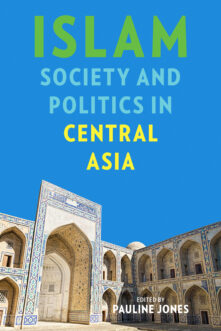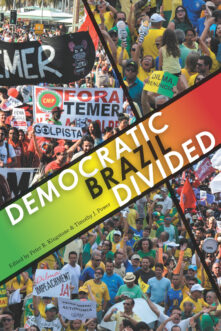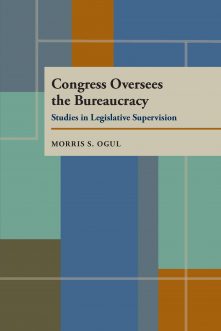Books
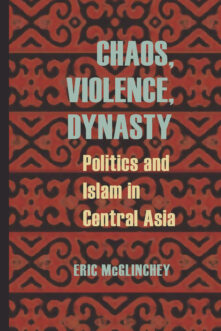
Chaos, Violence, Dynasty
Politics and Islam in Central Asia
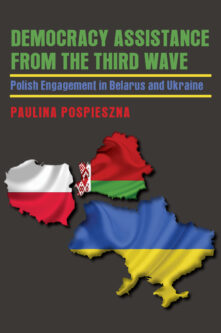
Democracy Assistance from the Third Wave
Polish Engagement in Belarus and Ukraine
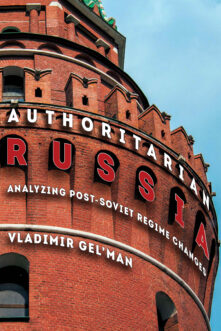
Authoritarian Russia
Analyzing Post-Soviet Regime Changes
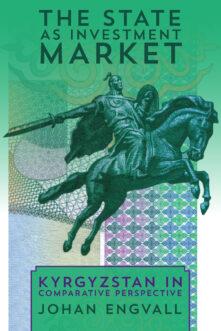
The State as Investment Market
Kyrgyzstan in Comparative Perspective
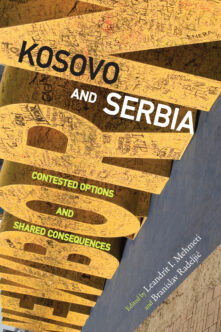
Kosovo and Serbia
Contested Options and Shared Consequences
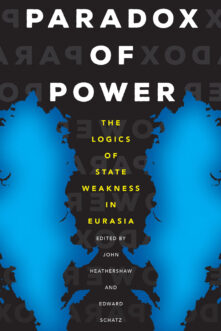
Paradox of Power
The Logics of State Weakness in Eurasia
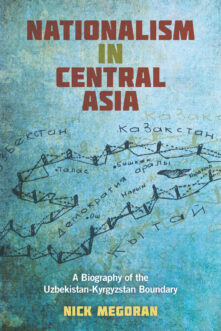
Nationalism in Central Asia
A Biography of the Uzbekistan-Kyrgyzstan Boundary
Total 72 results found.



